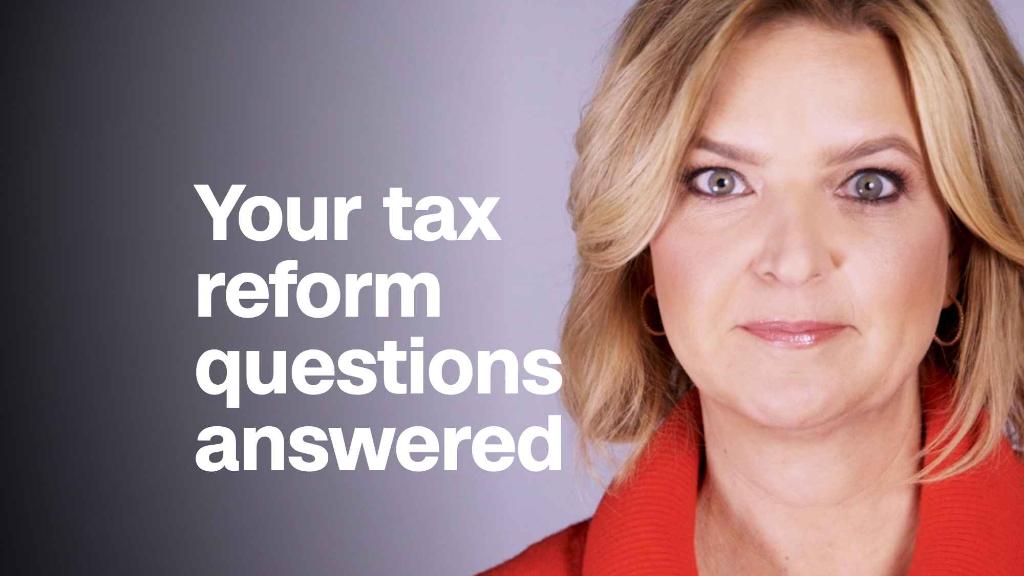
If you've been paying off student loans, don't make the mistake of filing your taxes without getting a deduction on the interest you've paid on your loans.
"If you're paying 4% [interest] on your loans and not getting the deduction," says Michael Chen a CPA and founder of Henry.tax, "it is expensive and you're not getting the full benefit."
Who is eligible for the deduction and how do you claim a loan interest deduction?
Am I eligible?
Anyone paying student loans may be able to deduct up to $2,500 of the interest paid in the past year on a qualified student loan, according to the IRS. And that deduction will be claimed as an adjustment to your income.
The deduction is available to anyone earning less than $80,000 (or $165,000 if you file a joint return), but it's gradually phased out if your modified adjusted gross income is between $65,000 and $80,000.
To find out if you can claim the deduction you can use this IRS Tool. You'll need to know your filing stats, income, adjusted gross income and any expenses you've paid for education loans.
The deduction can reduce the amount of your taxable income by up to $2,500.
There are some other qualifications, too. The loan has to have been for a student enrolled, at least half time, in a program leading to a degree, certificate, or other recognized educational credential. If you took out a loan from a relative or through an employer plan, you're out of luck.
How do I file?
You'll want to talk this through with your parents if they've recently claimed you as a dependent or plan to. If you are obligated to pay the loan and they claim you as a dependent, neither you or they will be able to claim the loan interest deduction.
But, here's an upside: If you're obligated to make the interest payments and someone else pays for you — your parents, maybe — the IRS's view is that you're receiving the payments from the other person and, in turn, paying the interest. Consequently, you get to take the deduction.
Any borrower who pays more than $600 in interest should receive a Form 1098-E — a student loan interest statement from the lender.
On your 1040 form you'll enter the amount of loan interest you've paid, up to $2,500.
The student loan interest deduction is claimed as an adjustment to income, which means you can still claim it even if you don't itemize deductions.
